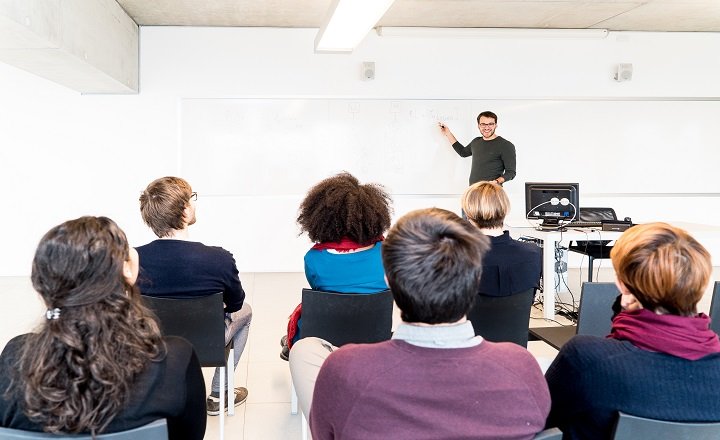BIDSA Seminar: “Uniform, nonparametric, non-asymptotic confidence sequences”

"Uniform, nonparametric, non-asymptotic confidence sequences"
11 December 2018, 12:30PM
Bocconi University, Room 3.b3.sr01
via Roentgen 1, 3rd floor
ABSTRACT:
A confidence sequence is a sequence of confidence intervals that is uniformly valid over an unbounded time horizon. In this paper, we develop non-asymptotic confidence sequences under nonparametric conditions that achieve arbitrary precision. Our technique draws a connection between the classical Cramer-Chernoff method, the law of the iterated logarithm (LIL), and the sequential probability ratio test (SPRT) — our confidence sequences extend the first to produce time-uniform concentration bounds, provide tight non-asymptotic characterizations of the second, and generalize the third to nonparametric settings, including sub-Gaussian and Bernstein conditions, self-normalized processes, and matrix martin- gales. We strengthen and generalize existing constructions of finite-time iterated logarithm (“finite LIL”) bounds. We illustrate the generality of our proof techniques by deriving an empirical-Bernstein finite LIL bound as well as a novel upper LIL bound for the maximum eigenvalue of a sum of random matrices. Finally, we demonstrate the utility of our approach with applications to covariance matrix estimation and to estimation of sample average treatment effect under the Neyman-Rubin potential outcomes model, for which we give a non-asymptotic, sequential estimation strategy which handles adaptive treatment mechanisms such as Efron’s biased coin design.
SPEAKER:
Aaditya Ramdas is an assistant professor in the Department of Statistics and Data Science and the Machine Learning Department at Carnegie Mellon University. Previously, he was a postdoctoral researcher in Statistics and EECS at UC Berkeley from 2015-18, mentored by Michael Jordan and Martin Wainwright. He finished his PhD at CMU in Statistics and Machine Learning, advised by Larry Wasserman and Aarti Singh, winning the Best Thesis Award. A lot of his research focuses on modern aspects of reproducibility in science and technology — involving statistical testing and false discovery rate control in static and dynamic settings. He also works on some problems in sequential decision-making and online uncertainty quantification.
